The Power of Cinematography: DP Kirsten Johnson Shares Her Filmmaking Philosophy

Embrace Contradictions For her critically acclaimed and deeply personal documentary Dick Johnson is Dead, Johnson’s inspiration came from the biggest contradiction of all: acknowledging her father’s mortality while simultaneously attempting to keep him alive forever. After losing her mother to Alzheimer’s Disease and learning her father, Dick Johnson, had been diagnosed with dementia, she realized she […]
Four Steps to Creating a Winning Film or TV Pitch Deck for Fiction and Documentary Projects

1. Know Your Vision and Your Audience Though completing a script feels like a lot of work, it’s really just the beginning of making a film, and a script itself isn’t necessarily enough to properly introduce your story or you as a creator. Enter: the pitch deck. As Yang Bongiovi puts it, “We create it […]
Crucial Questions to Ask Yourself When Beginning a Documentary Film
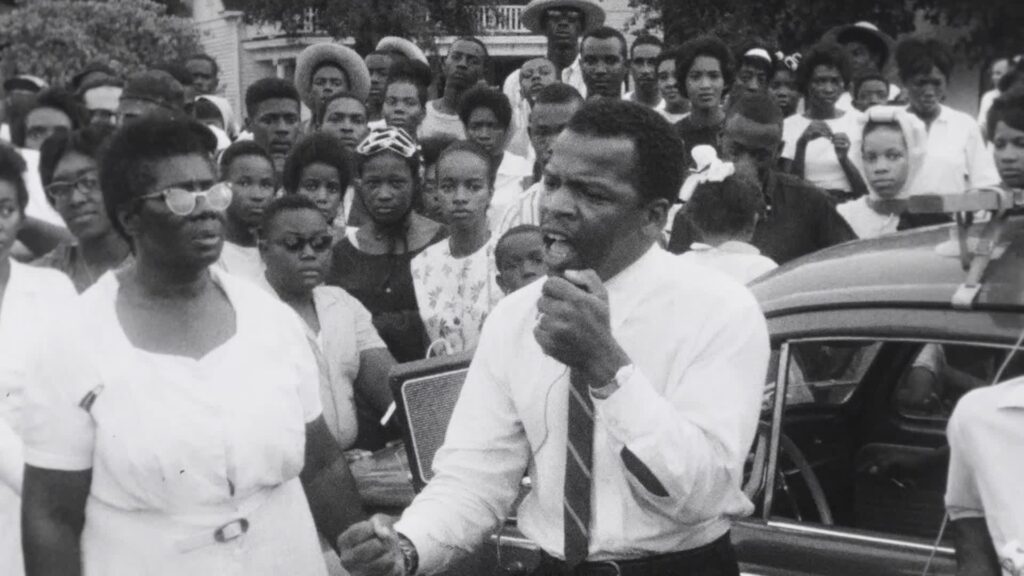
What Do You Want to Say? According to Porter, making a documentary film will always begin with your first major question: what do you want to say? She is often asked about the mission behind her stories, as some documentary filmmakers choose to take more direct action for social change. It’s always a personal choice […]
Six Rules for Writing a Compelling TV Episode
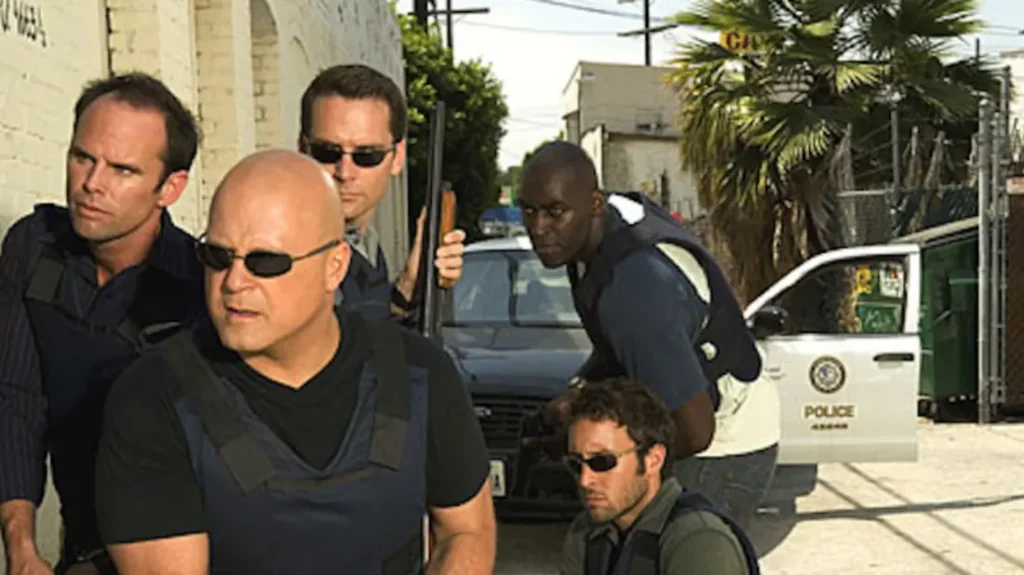
1. Create Larger Than Life Characters “On a good TV show, your character needs to be the most interesting person in their world,” Mazzara emphasizes. Characters, “need to be compelling, and active…They are doing stuff that— when there are 500 shows—you say, ‘I can’t believe that character just did that. I want to see what […]
Directing Actors: Judith Weston’s Guide to Successful Relationships On Set

Get to Know Your Actors and Their Craft First and foremost, you as a director must understand the craft of acting if you ever hope to direct others to act in your film. One Way to do this is to get to know actors. Take acting classes, ask other actors about their experiences and get […]
Six Tips to Presenting Your Big Pitch

1. Understand Your Communication Style Miller believes, “Knowing how you communicate [and] relate to others is the first step towards understanding what your strong suits are and any weaker areas that you want to work on strengthening.” She goes on to explain how various communication styles play out for different people. For instance, some of […]
Four Ways to Create Empathetic Characters (and Why You Need to)

1. Empathize with Your Characters For Screenwriter J.R. Cole, developing his characters from a place of empathy is almost second nature as he spent his childhood moving from place to place, and subsequently, was, “constantly forced to adapt to new ways of looking at the world and other people’s points of view.” As a result […]
Five Ways to Sharpen Your Comedy Writing Instincts
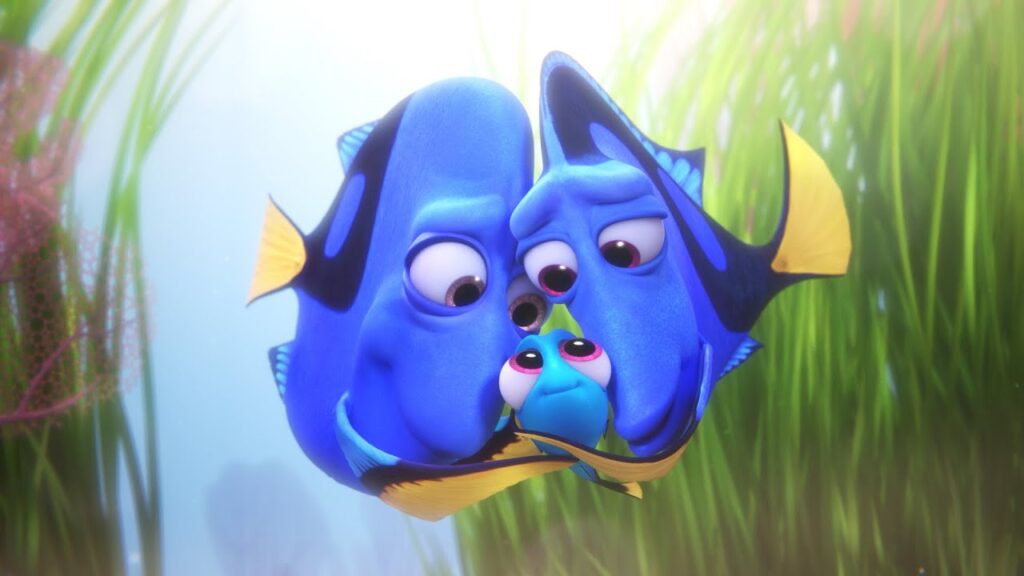
1. Use Drama to Create Comedy To Strouse, comedy is our commentary on life. “Real life is very rarely dramatic or comedic. Life is usually rooted in a lot of suffering and pain, but it’s our perspective and commentary on it that makes it funny.” Throughout her class, she gives examples of scenes that are […]
Five Steps to Finding Your Next Screenplay Idea
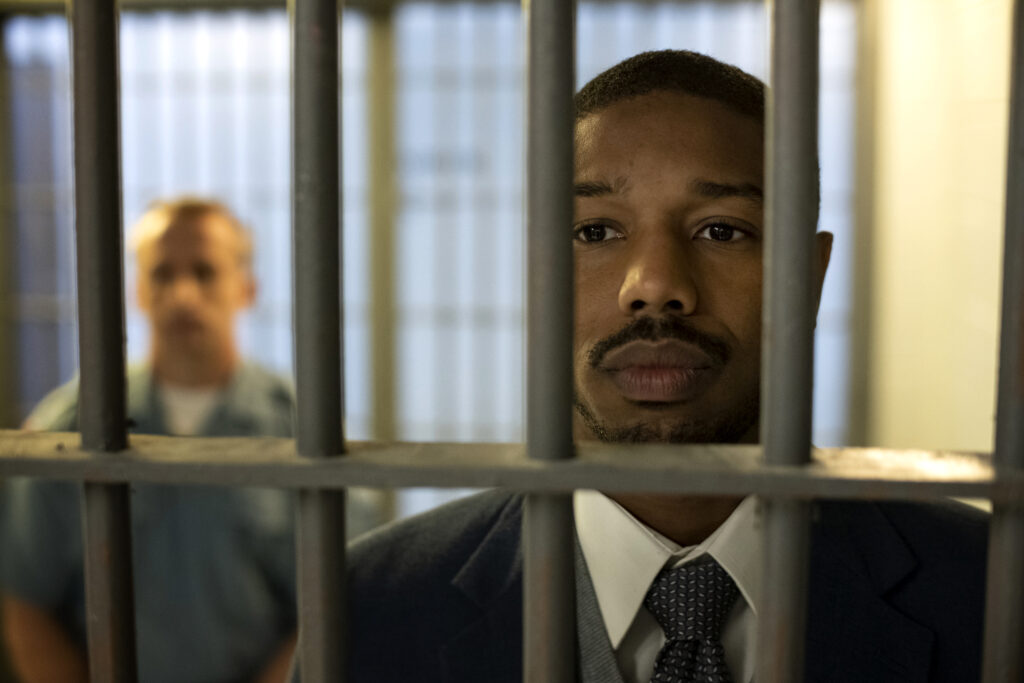
1. Capture Every Idea Since attending Columbia’s film school himself in the early nineties, Schwab has kept a physical and now also a digital story notebook in which he tries to make at least one entry every single day. He says these entries could be “an article, a memory, a line of dialogue I overheard, […]
Five Strategies to Help You Begin a TV Writing Career
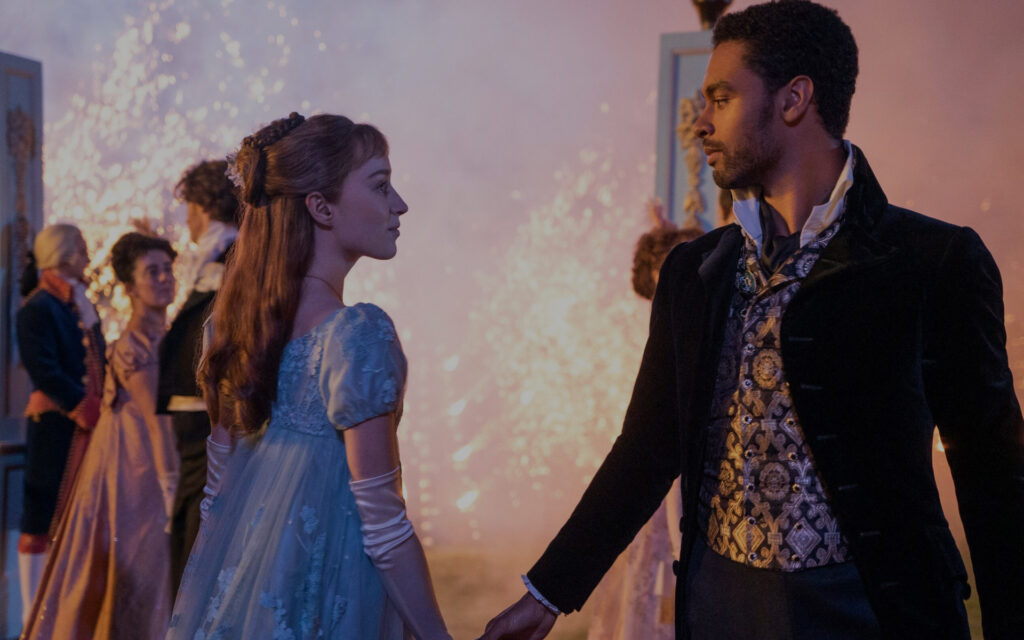
1. Build Your Network The ultimate question for anyone seeking work in TV is how do you get hired? Writing jobs are not generally listed for the public, so finding work as a TV writer is not quite the same as finding work in other professions. Rather, all of these jobs are found through networking. “At […]
How to Fail at Filmmaking (and Why You Must)
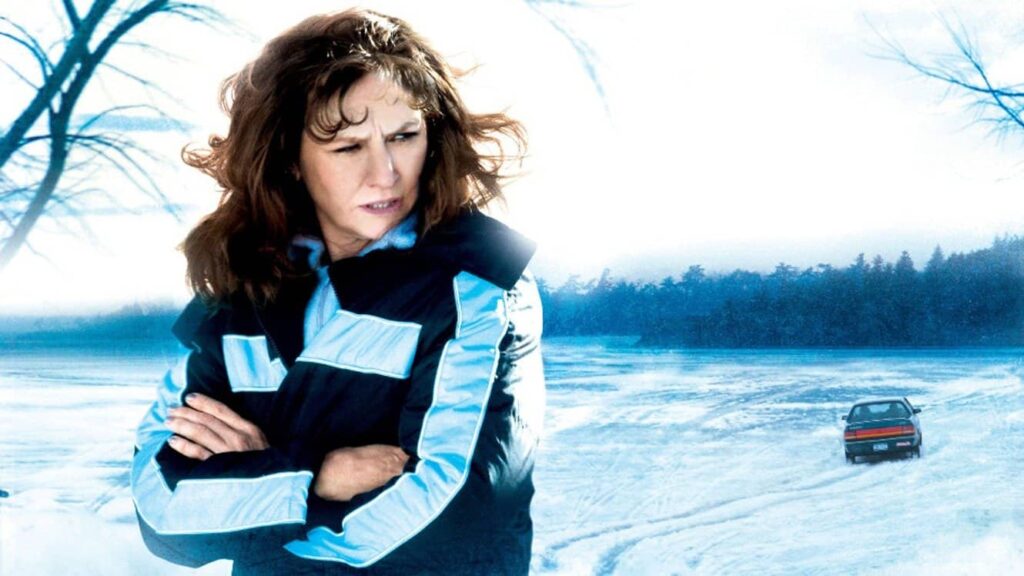
Embrace Failure as Part of the Filmmaking Process Failure is par for the course, so if we see it as a negative thing, it is going to drag us and our filmmaking down. Instead, Kimberly Peirce (Boys Don’t Cry, Carrie) highlights how we can, “reappropriate the word failure and use it in a way that […]
Jason Blum’s Five Recommendations for Launching Your Film Producing Career
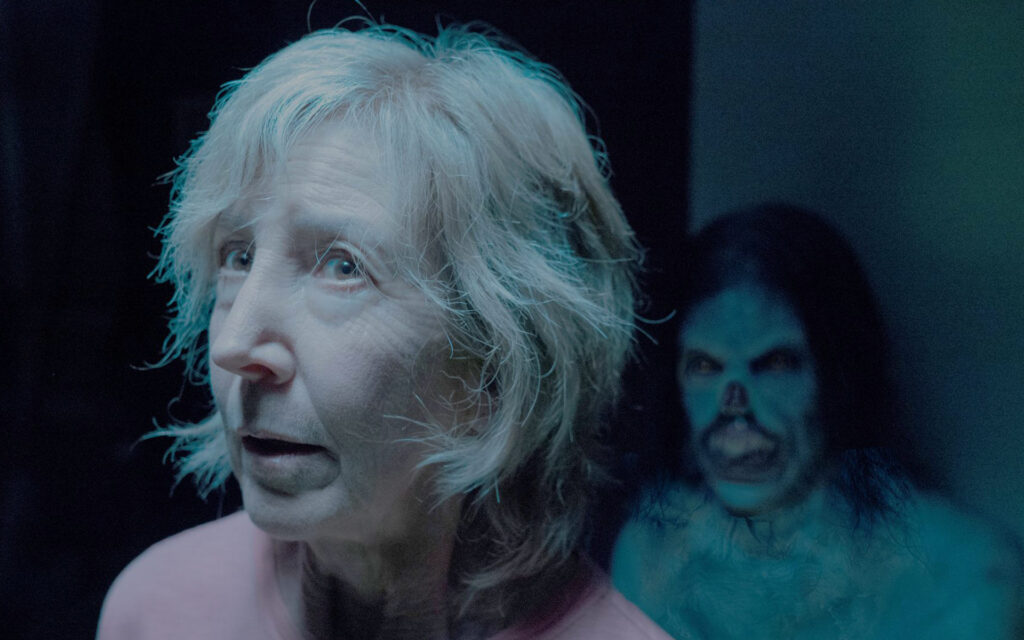
1. Understand the Differences Between Studio and Independent Productions Blum’s career began not in entertainment, but in real estate while living in Chicago. It wasn’t until he moved to New York and lived with a soon-to-be-famous film director, Noah Baumbach, that he began working for production companies and learned how movies are developed, made and […]